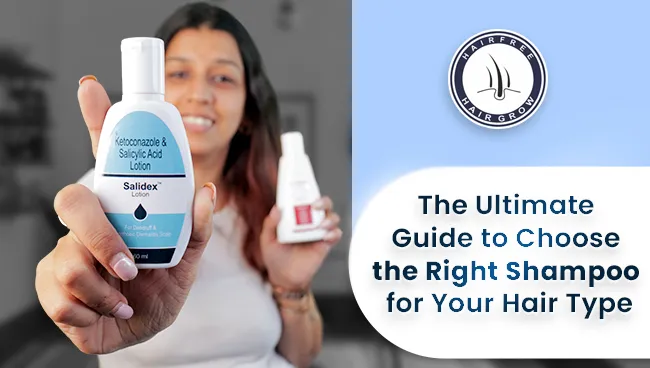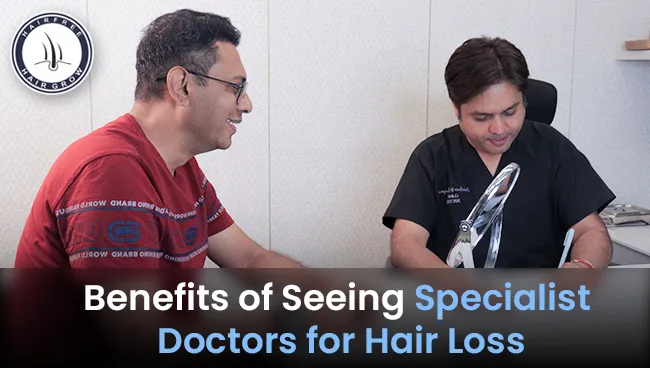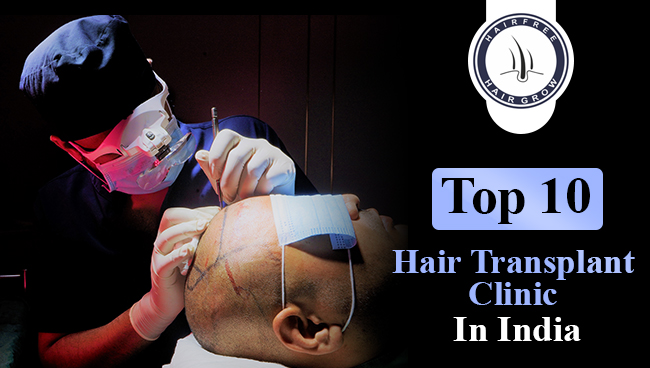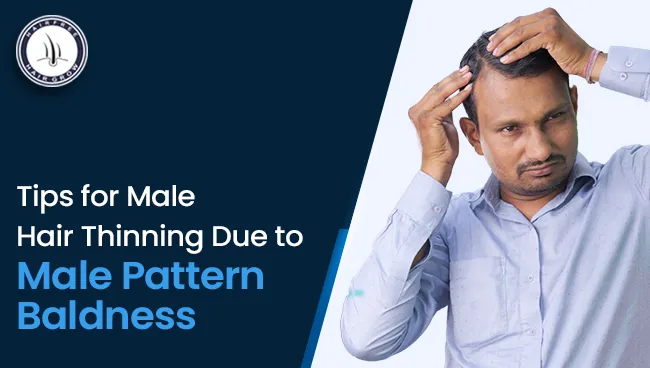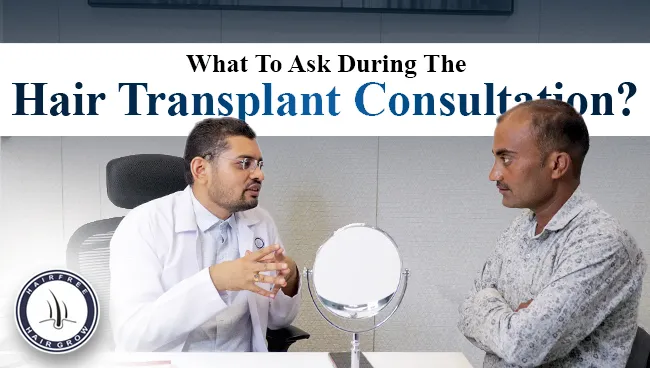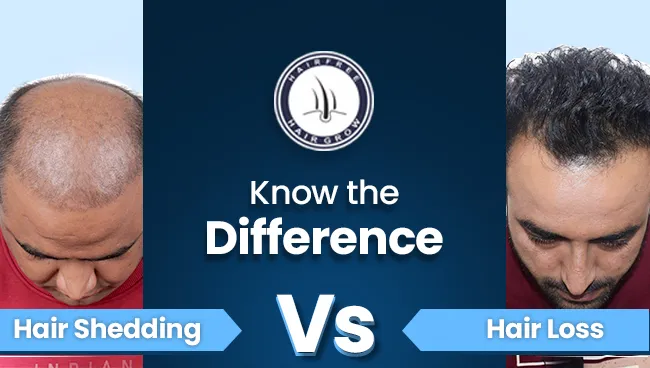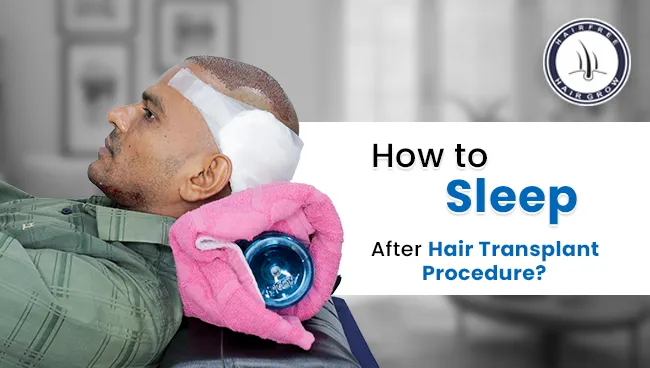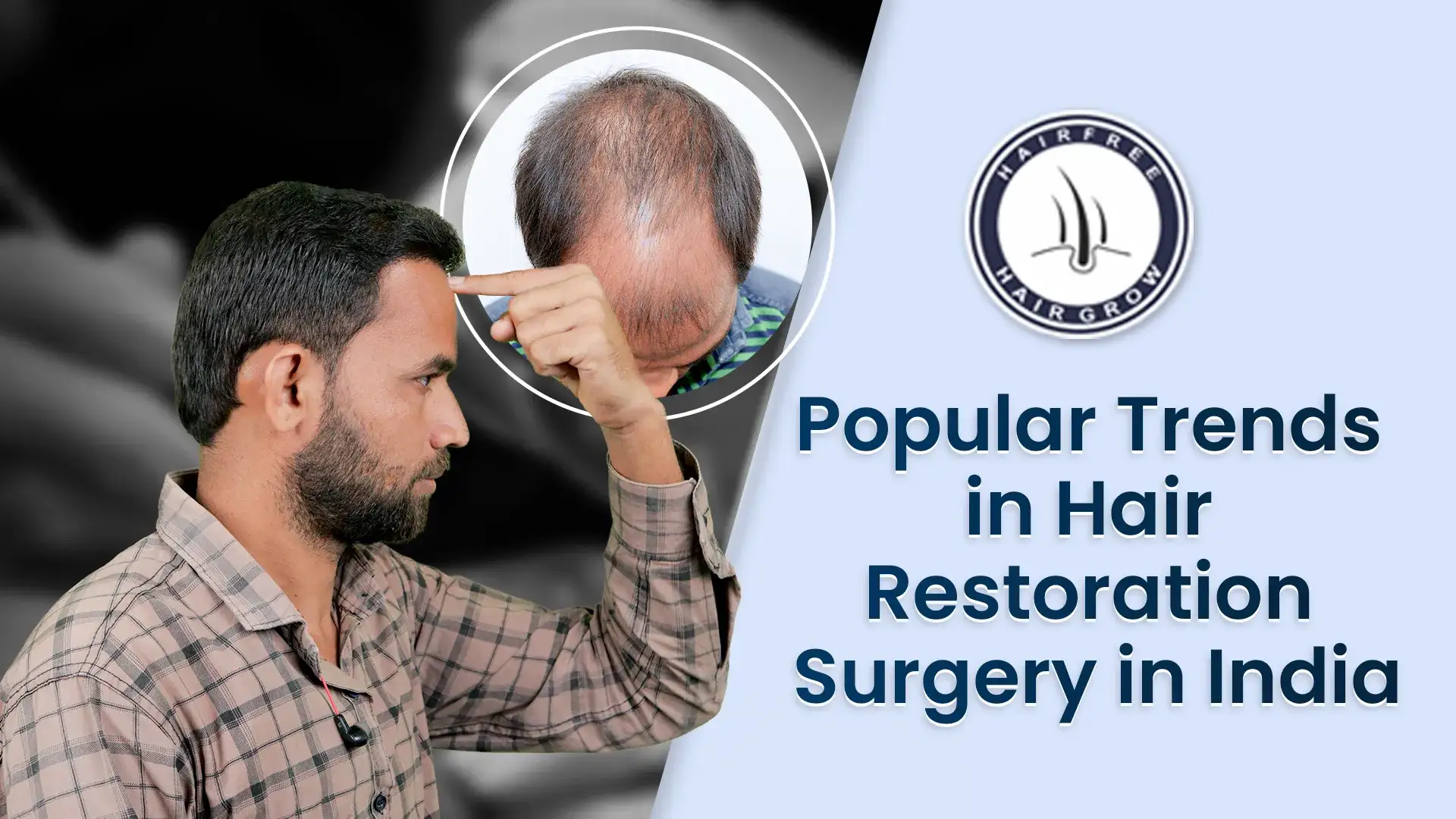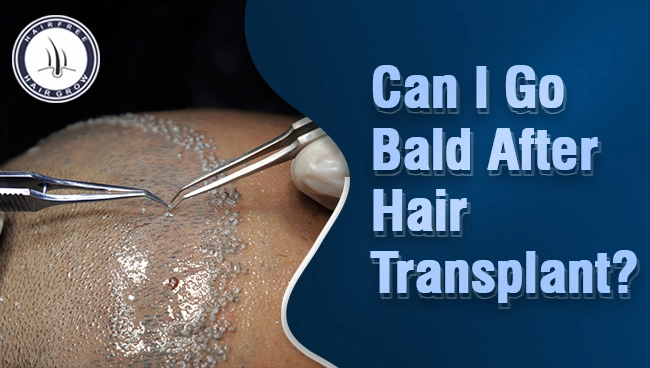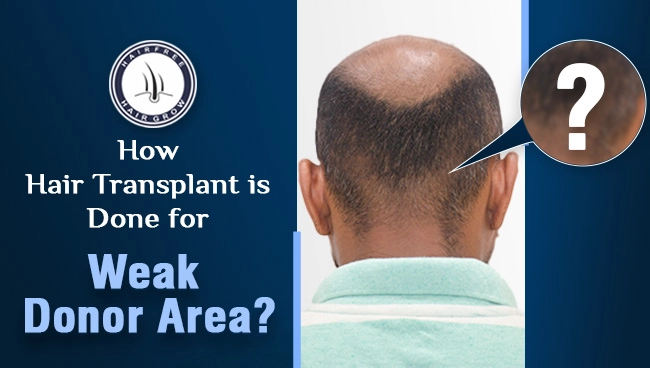Statins are among the most commonly prescribed medications worldwide, primarily used to manage cholesterol levels and reduce the risk of cardiovascular diseases. While effective in their primary function, statins come with potential side effects that often lead to debates and discussions. One such debated side effect is hair loss. This blog explores the link between statins and hair health, how it happens, and what you can do about it.
What Are Statins?
Statins are a class of drugs designed to lower cholesterol levels in the blood by inhibiting an enzyme called HMG-CoA reductase. This enzyme plays a crucial role in the production of cholesterol in the liver. By lowering “bad” LDL cholesterol, statins help prevent heart attacks, strokes, and other cardiovascular events.
Can Statins Cause Hair Loss?
Hair loss is not listed as a common side effect of statins in most drug literature. However, anecdotal evidence and reports from healthcare professionals suggest a possible link. Many individuals on statins, particularly women, have noticed significant hair thinning or loss shortly after starting the medication.
What Does the Research Say?
Scientific studies on statins and hair loss are limited, but some theories suggest the following mechanisms:
- Reduced Fat Availability: Hair strands rely on healthy fats for moisture, shine, and elasticity. Statins lower fat levels, which might lead to drier, brittle hair prone to breakage.
- Decreased Blood Flow: Healthy hair growth depends on good blood flow to the scalp, which delivers oxygen and nutrients to hair follicles. Statins may affect vascular health, reducing the blood flow to hair follicles and resulting in hair loss.
- Nutritional Imbalance: Statins can sometimes interfere with the absorption of essential nutrients like coenzyme Q10 (CoQ10), which is vital for cellular energy production and hair follicle health.
The Barber’s Perspective: Hair and Statins
An interesting anecdotal perspective comes from hairstylists who interact with clients regularly. According to some professionals, they can often tell when a client has started statin therapy based on the condition of their hair. Clients report losing up to 30–40% of their hair within a month of starting statins. Hair becomes straw-like, brittle, and dull, further indicating a shift in scalp health.
Is Hair Loss Reversible?
The good news is that hair loss caused by statins may be reversible. If statins are the primary cause of the problem, stopping or switching medications under medical supervision often allows the hair to regrow. However, the recovery timeline varies depending on individual factors, including overall health, age, and the duration of statin use.
How to Address Hair Loss from Statins
If you suspect that statins are causing your hair loss, here are some actionable steps to consider:
- Talk to Your Doctor: Never stop taking statins without consulting your doctor. They might adjust your dosage, switch to a different statin, or explore alternative treatments for cholesterol management.
- Promote Scalp Blood Flow: Blood flow is essential for healthy hair follicles. Simple techniques such as brushing your hair daily or massaging your scalp can stimulate blood circulation and support hair health.
- Scalp Massage: Use your fingers or a scalp massager to gently massage your scalp for 5–10 minutes daily. This encourages blood flow and nourishes hair follicles.
- Scalp Massage: Use your fingers or a scalp massager to gently massage your scalp for 5–10 minutes daily. This encourages blood flow and nourishes hair follicles.
- Check Your Diet: Incorporate foods rich in healthy fats (like avocados, nuts, and fish) and vitamins (like biotin, vitamin D, and iron) to support overall hair health.
- Consider Supplements: CoQ10 supplements may help if your body is deficient due to statin use. Consult your doctor before adding supplements to your regimen.
- Topical Treatments: Products like minoxidil may help stimulate hair regrowth. However, they should be used under medical guidance.
Lifestyle Tips for Healthier Hair
While managing medication-related hair loss, these general practices can improve your hair’s overall health:
- Avoid Overwashing: Washing your hair too frequently can strip it of natural oils, leading to dryness and breakage. Use a mild shampoo and condition regularly.
- Limit Heat Styling: Excessive heat can weaken already fragile hair. Opt for air drying and use heat protectant sprays when styling.
- Stay Hydrated: Drinking enough water ensures your hair remains hydrated and resilient.
- Exercise Regularly: Physical activity improves blood circulation, including to your scalp, enhancing hair follicle health.
Hair Loss: A Multifactorial Issue
It’s essential to note that hair loss can occur due to many reasons besides statin use. Common causes include:
- Hormonal Changes: Hormonal imbalances, such as those caused by menopause or conditions like PCOS, can contribute to hair thinning.
- Stress: High stress levels can trigger temporary hair loss, also known as telogen effluvium.
- Aging: As we age, hair naturally becomes thinner and more prone to shedding.
- Nutritional Deficiencies: Lack of iron, vitamin D, or biotin in your diet can impact hair health.
- Other Medications: Chemotherapy drugs, antidepressants, and beta-blockers are known to cause hair loss in some individuals.
Identifying the root cause of hair loss is crucial for effective treatment. A dermatologist or trichologist can help you determine whether statins or other factors are to blame.
Should You Stop Taking Statins?
Statins play a critical role in preventing serious health conditions like heart attacks and strokes. Discontinuing them without medical guidance can have severe consequences. If hair loss becomes a significant concern, work with your doctor to weigh the risks and benefits of continuing statin therapy.
Final Thoughts
Hair loss, while distressing, is often a manageable side effect of statins. By understanding the connection between statins and hair health, you can take proactive steps to minimize the impact. Always consult a healthcare professional before making any changes to your medication or treatment plan.
If you’re experiencing unexplained hair loss, consider discussing your symptoms with a medical expert or dermatologist. Identifying the cause early on ensures you can take the right steps to regain your confidence and hair health.
Are you curious about improving your hair health or managing medication side effects? Consult with a healthcare professional or dermatologist for tailored advice, and explore lifestyle tips to nourish your hair naturally.
Written By
MBBS, DDV
Dr. Jinkal Kunjadiya is an expert in statins and hair loss, offering comprehensive solutions to manage this side effect. With extensive research and clinical experience, Dr. Kunjadiya provides personalized care to help patients navigate hair loss associated with statin use.
Disclaimer
We’ve made all possible efforts to ensure that the information provided here is accurate, up-to-date and complete, however, it should not be treated as a substitute for professional medical advice, diagnosis or treatment. See Detailed Disclaimers Here.



